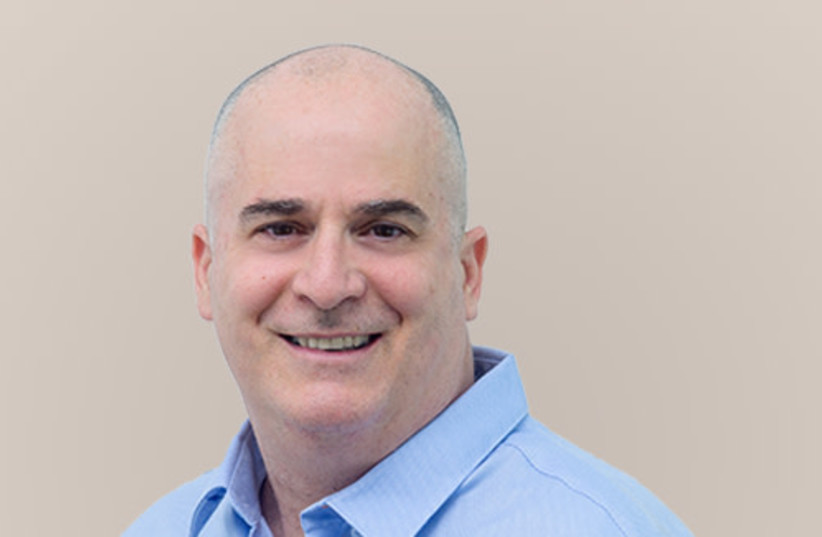Israeli company Solaer Renewable Energies, which is engaged in the development, construction and operation of solar systems in Israel, Spain, Italy and Poland, announced last Thursday that their inaugural project has connected to the Spanish power grid and is officially in operation.
A power bank they have developed, called Alizursun, will connect to the Spanish electrical grid via an approximately 50 MW (megawatt) power plant distributed over 100 hectares of very complex terrain in the Aragon region of central Spain. The project is complex in its scope and will bring power to the landlocked, mountainous region, home to the city of Zaragoza.
Alizursun is the first of Solaer’s approximately 1,362 MW project pipeline in Spain that is being connected to the Spanish electrical grid. About 1 GW (gigawatt) of the project is expected to begin operations by the end of 2023.
Solaer entered into an agreement with a leading Spanish company for the sale of 70% of the electricity output over a 10-year period at a price of approximately €34 per megawatt-hour (MWh). Solaer is further examining intermediate-term alternatives for the remaining 30% of the electricity needed to power the region.
“This is an important achievement for Solaer, and it is an expression of trust by the global and Israeli market in the company and its technological, operational and commercial abilities,” said CEO Alon Segev.
“Over the next two years, we will be focused on growing the company’s income-generating pipeline and meeting the ambitious goals we have set. The connection of the project in Zaragoza is an indication of the company’s uniqueness and its successes in places and on highly complex and difficult terrain in terms of planning and execution.”

The Paracuellos Del Jiloca Valley in Zaragoza sits on over 100 hectares of steep and rocky mountainous terrain, which made the project highly complex and difficult to begin. Over 20 heavy machines worked for four months just to prepare the land for construction.
In order to preserve the efficiency of the power plant’s power distribution, a million square meters of the land was divided into over 300 parcels of 3,000 sq.m. each to account for environmental preservation. The connection line to the facility was entirely buried underground for protection – even across a river – so that the natural forests of the area could continue to flourish throughout the operation of a power plant.
